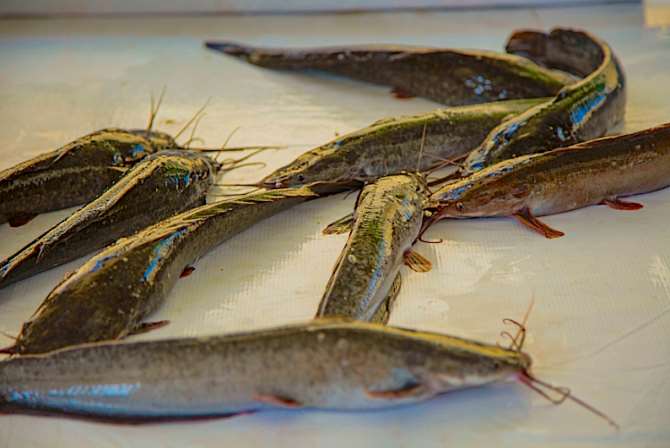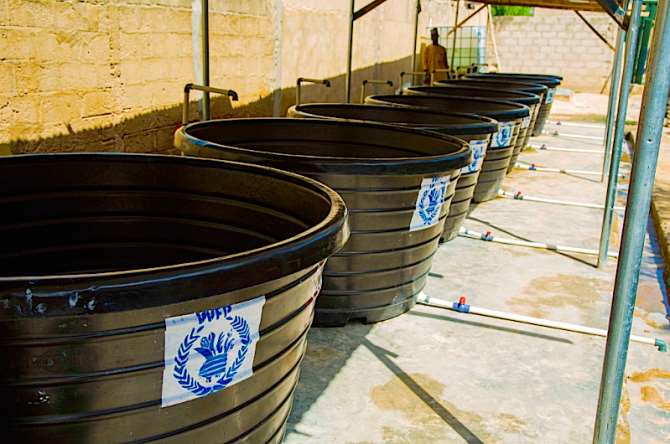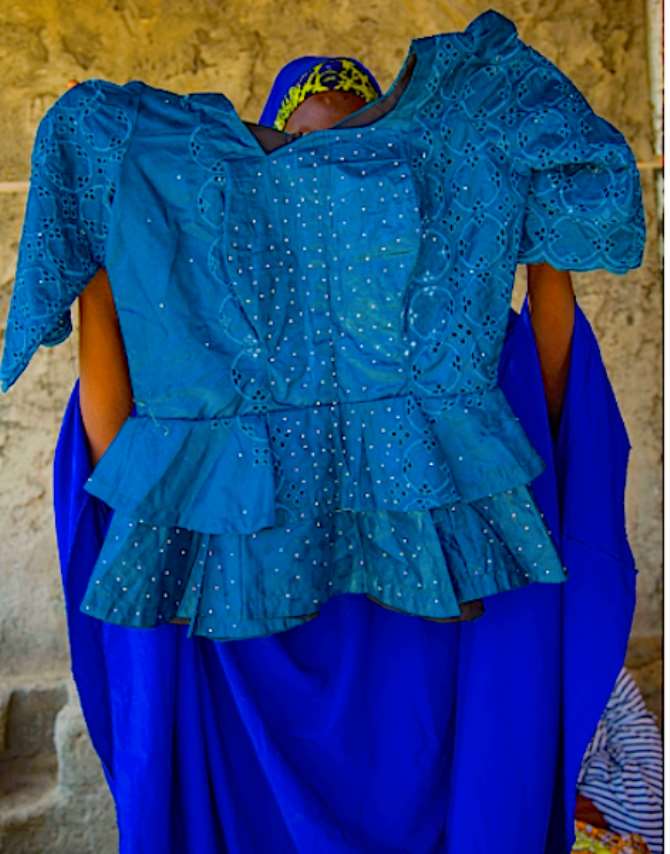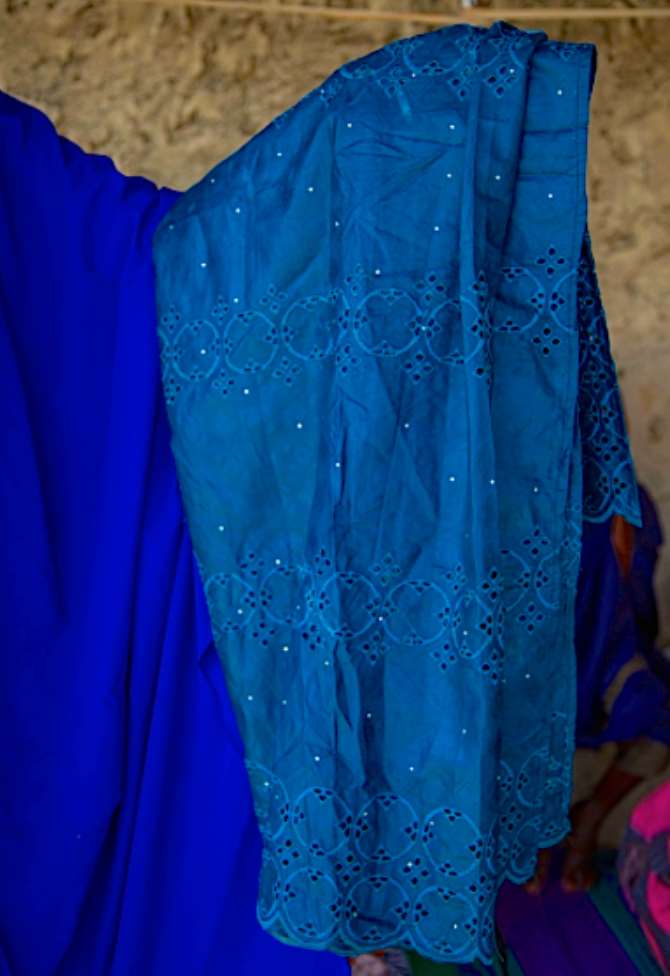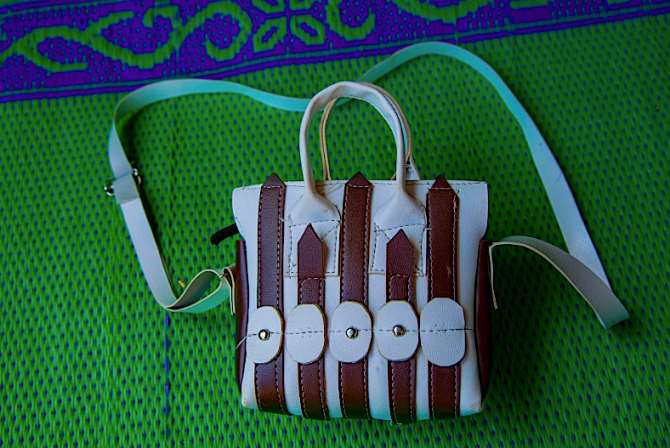With UN Support, IDPs In Northeast Nigeria Learn New Skills To Change Their Lives
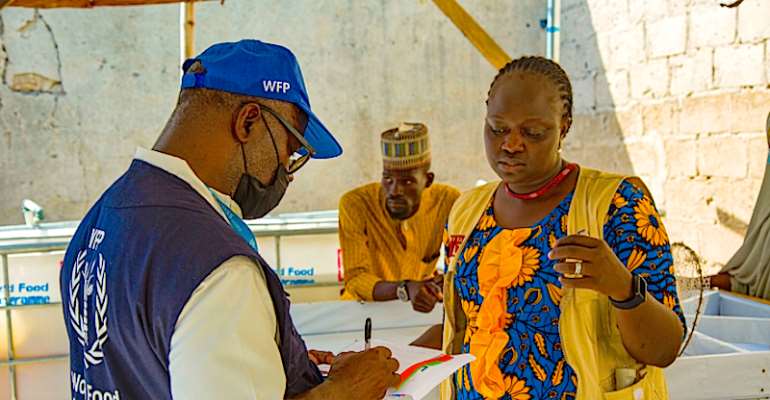
Internally displaced persons camps in various parts of Maiduguri, Borno State, northeast Nigeria, bubbled with livelihood activities just before they shut down in August 2022 – as the men and women perfected new skills that would help them to feed their families when they returned to their home communities.
Matured fish produced at the Malakiyari Aquaculture Training Centre, Maiduguri
The UN World Food Programme worked with partners and government authorities to assist the IDPs to learn new skills in farming, aquaculture, food processing, tailoring, shoe-making, soap-making, carpentry and other activities that will enable them to generate income and rebuild their lives even as they return to their home communities. These livelihood activities, delivered by WFP and its partners to IDPs, are a major aspect of WFP’s mandate of “saving lives and changing lives” among the vulnerable people and communities it serves in Nigeria.
At the Aquaculture Training Centre in Malakyarari village, in the outskirts of Maiduguri Metropolitan Council, healthy, matured catfish bobbled up and down in tens of large fish tanks – gulping food and water intermittently. The farm, managed and operated by WFP-supported beneficiaries, contained over 2,500 fish altogether, raised from seedlings to maturity by the participant-beneficiaries.
Fish Tanks
“This is an integrated artificial Fish Farming project and Aquaculture Training Centre,” said Mrs. Nana Christopher Onochie, the Christian Aid Aquaculture Programme Officer who managed the project. “The participants received N17, 000 WFP cash each per month and worked 15 days monthly in the fish farm.”
The Aquaculture Training Centre covered a full range of activities including the following:
- Training of some 94 participant-beneficiaries
- Fish farming (from fish seedlings to maturity)
- Fish-feed formulation and production (with feed-pelleting machines)
- Fish processing (like fish-smoking, etc.)
Dresses and other items produced by the IDPs.
The trained participant-beneficiaries pass on their skills to others, thereby increasing the number of persons with sufficient skills to produce fish for their immediate family food needs and to generate some income by selling their surplus fish in the local markets.
Dresses and other items produced by the IDPs.
Items made by the IDPs

